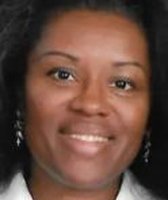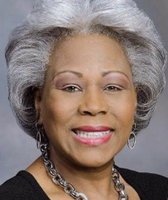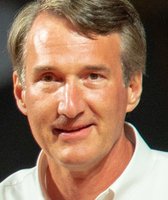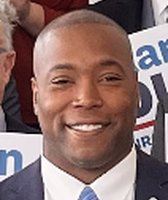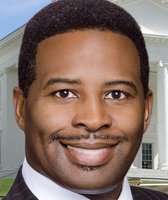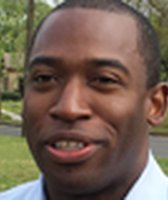Stand up for the facts!
Our only agenda is to publish the truth so you can be an informed participant in democracy.
We need your help.
I would like to contribute
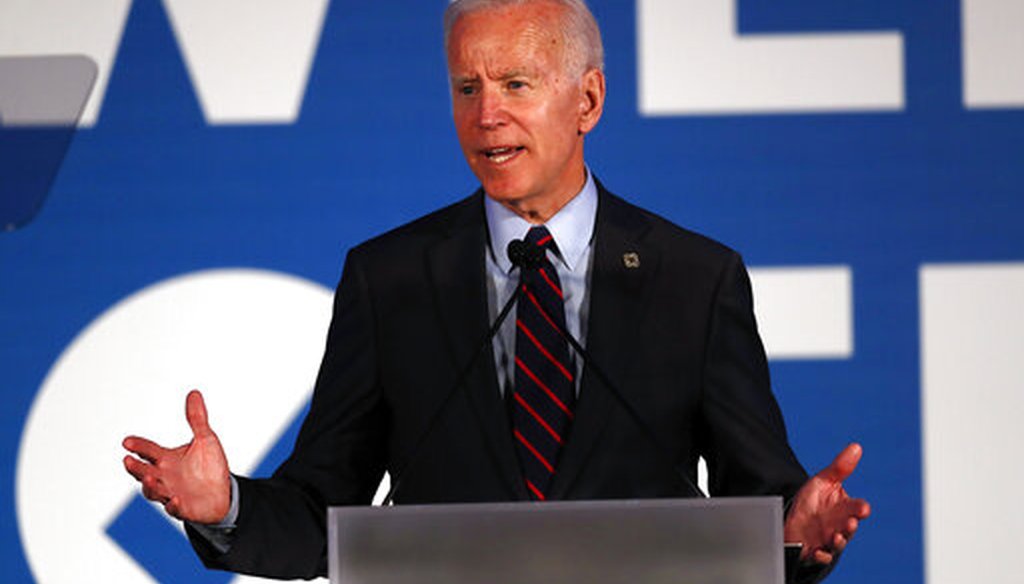
Joe Biden on November 3 campaigned in Virginia for Democratic legislative candidates. The above picture is from a campaign event this spring. (AP Photo/John Bazemore)
Two days before polls opened, former Vice President Joe Biden put a national spin on Virginia’s Nov. 5 elections for all 140 seats in the state legislature.
The teetering partisan control of the State Senate and the House of Delegates was up for grabs and the results, Biden said, would forecast how the nation is set to vote in next year’s presidential elections.
"As Virginia goes, so goes the nation," said Biden, a strong contender for the Democratic presidential nomination, at Nov. 3 rally in Northern Virginia.
If his statement is accurate, then Democrats have a clear path to the White House in 2020. Virginia Democrats unofficially gained six seats in the House and two in the Senate to claim majorities in both chambers for the first time this century. Virginia is one of the few states that holds odd-year elections, and the results grab the attention of pundits seeking insights on the national mood.
We checked whether Virginia’s legislative races really are reliable predictors of presidents. We looked at odd-year General Assembly elections back to 1963 that were followed the next year by presidential races. Fourteen elections fall into this group. Seven times, the party that gained seats in Virginia was able, the next year, to win the presidency. And seven times, it was not.
In other words, it’s a coin flip.
Virginia’s legislative races were not predictive of Republican President Donald Trump’s 2016 win. The year before, Democrats gained one General Assembly seat in increasingly blue Virginia.
Next year, Trump will be running for a second term. So we also looked at General Assembly races that were held the year before a president sought a second term. This has happened six times since 1963.
Twice, the results were predictive - although barely. In 1971, Republicans gained three seats in the General Assembly and, the next year, Republican Richard Nixon won a second term. In 1983, Republicans picked up two legislative seats, and the next year Republican Ronald Reagan was reelected. .
But the last four times, Virginia has - if anything - a reverse trendsetter. The partisan results in General Assembly races were opposite to the following year results of national races when presidents were seeking reelection.
*In 1991, Republicans gained nine seats; in 1992, Republican George H.W. Bush lost reelection to Democrat Bill Clinton.
*In 1995, Republicans gained two seats; in 1996, Clinton won a second term.
*In 2003, Democrats gained one seat; in 2004, Republican George W. Bush was reelected.
*In 2011, Republicans gained nine seats; in 2012, Democrat Barack Obama won a second term.
How should we interpret this?
Biden said, "As Virginia goes, so goes the nation." We decided not to give him a Truth-O-Meter rating because we couldn’t tell whether he was making a prediction or a statement of fact. PolitiFact doesn’t rate predictions.
Most of the political scientists we spoke to were dismissive of Biden’s comment.
Bob Holsworth, a longtime Virginia political scientist, said Virginia has turned blue (Republicans haven’t won a statewide election since 2009) while the nation remains politically competitive. Therefore, he said, he said it’s unlikely Virginia is a bellwether for 2020. "My sense is that Virginia may not even be competitive in the presidential race," he said.
Larry Sabato of the University of Virginia said Biden’s statement "doesn’t make sense."
Mark Rozell, dean of the Schar School of Policy and Government at George Mason University, said, "It’s a stretch to say a collection of local races is a harbinger of what will happen in a year."
Rachel Bitecofer of Christopher Newport University had a different take. She predicts the high turnout in Virginia’s races this year bodes a massive national turnout next year when Trump’s on the ballot.
Our advice: Don’t bet the house - or even the shed - based on Biden’s comment.
Our Sources
Joe Biden, comments at Northern Virginia rally, Nov. 3, 2019.
Interview with Larry Sabato, University of Virginia political scientist, Mov. 8, 2019.
Interview with Mark Rozell, dean of the Schar School of Policy and Government at George Mason University, Nov. 8, 2019.
Interview with Bob Holsworth, Virginia political scientist and consultant, Nov. 4, 2019.
Email from Rachel Bitecofer, Christopher Newport University political scientist, Nov. 8, 2019.
Virginia Department of Elections, Historical Elections Results, 1963-2017.






